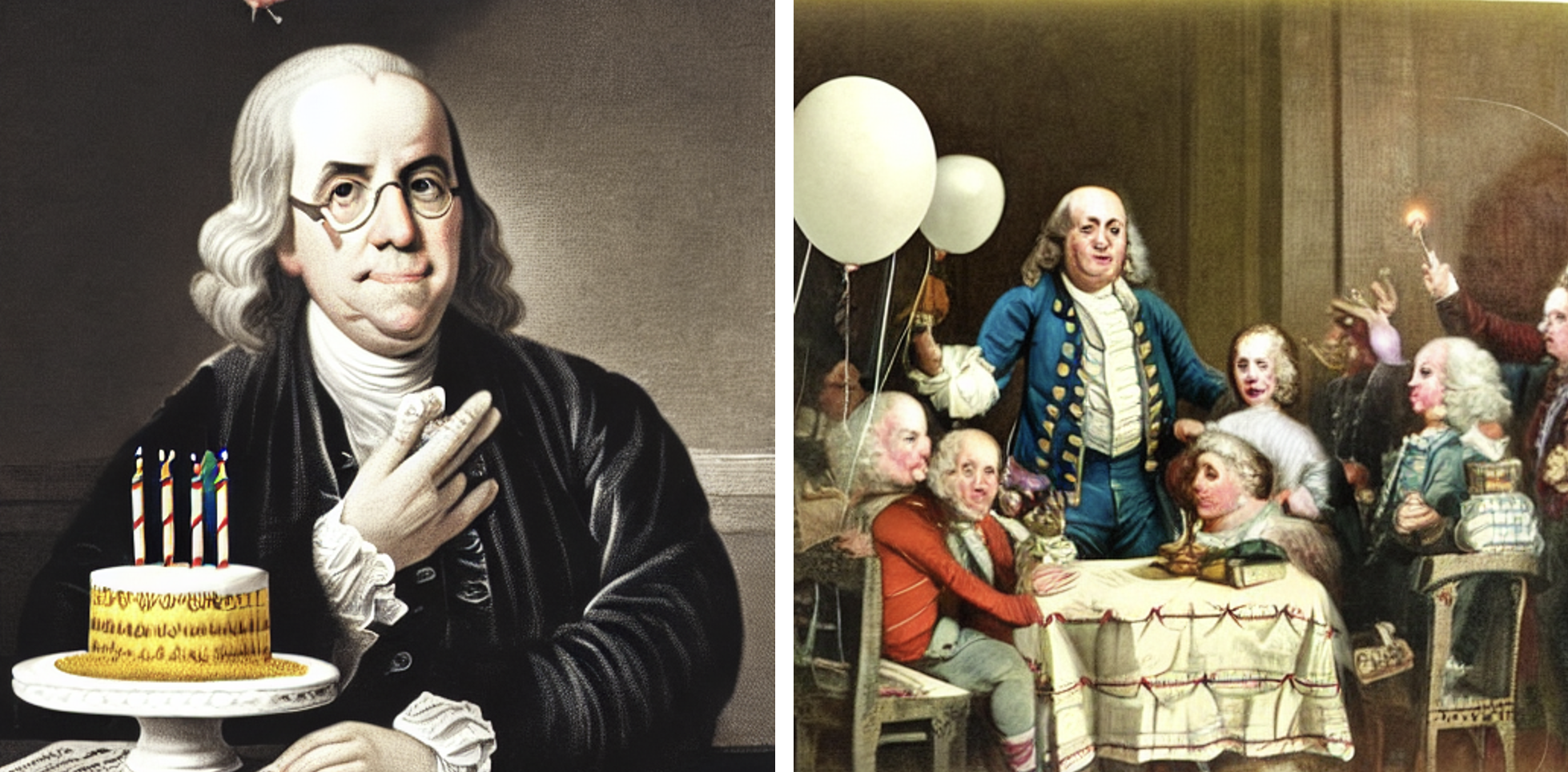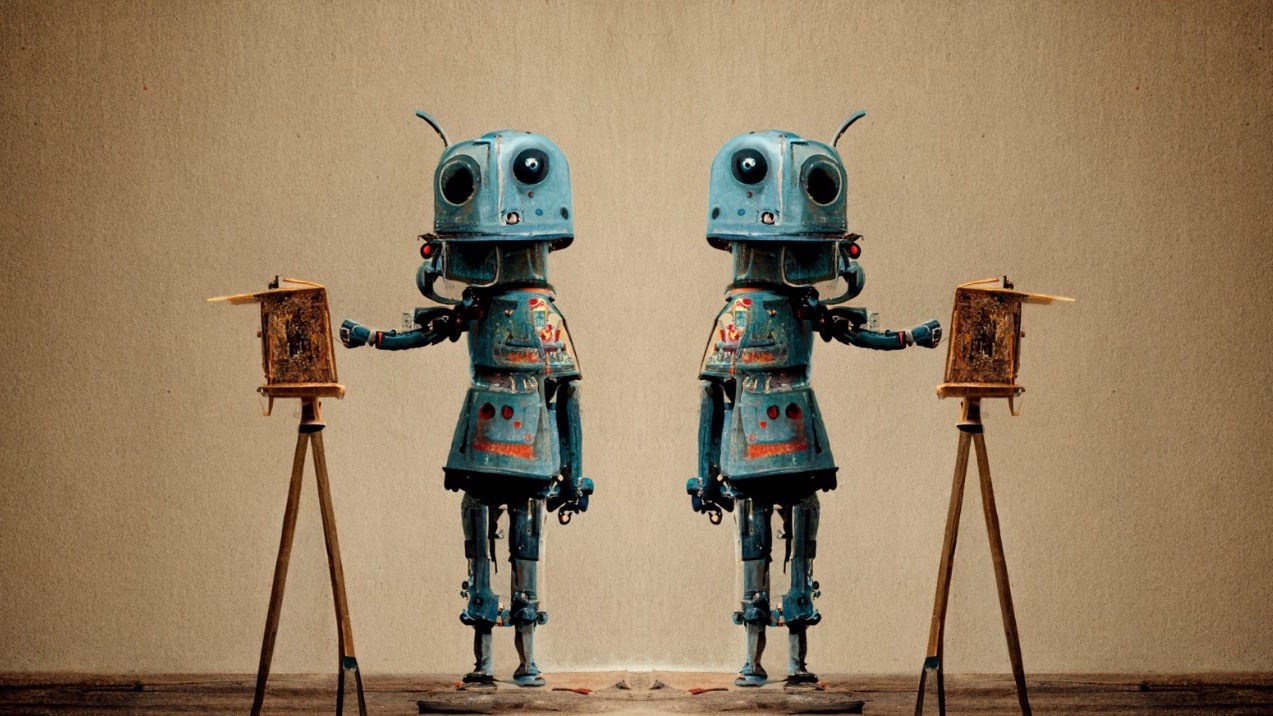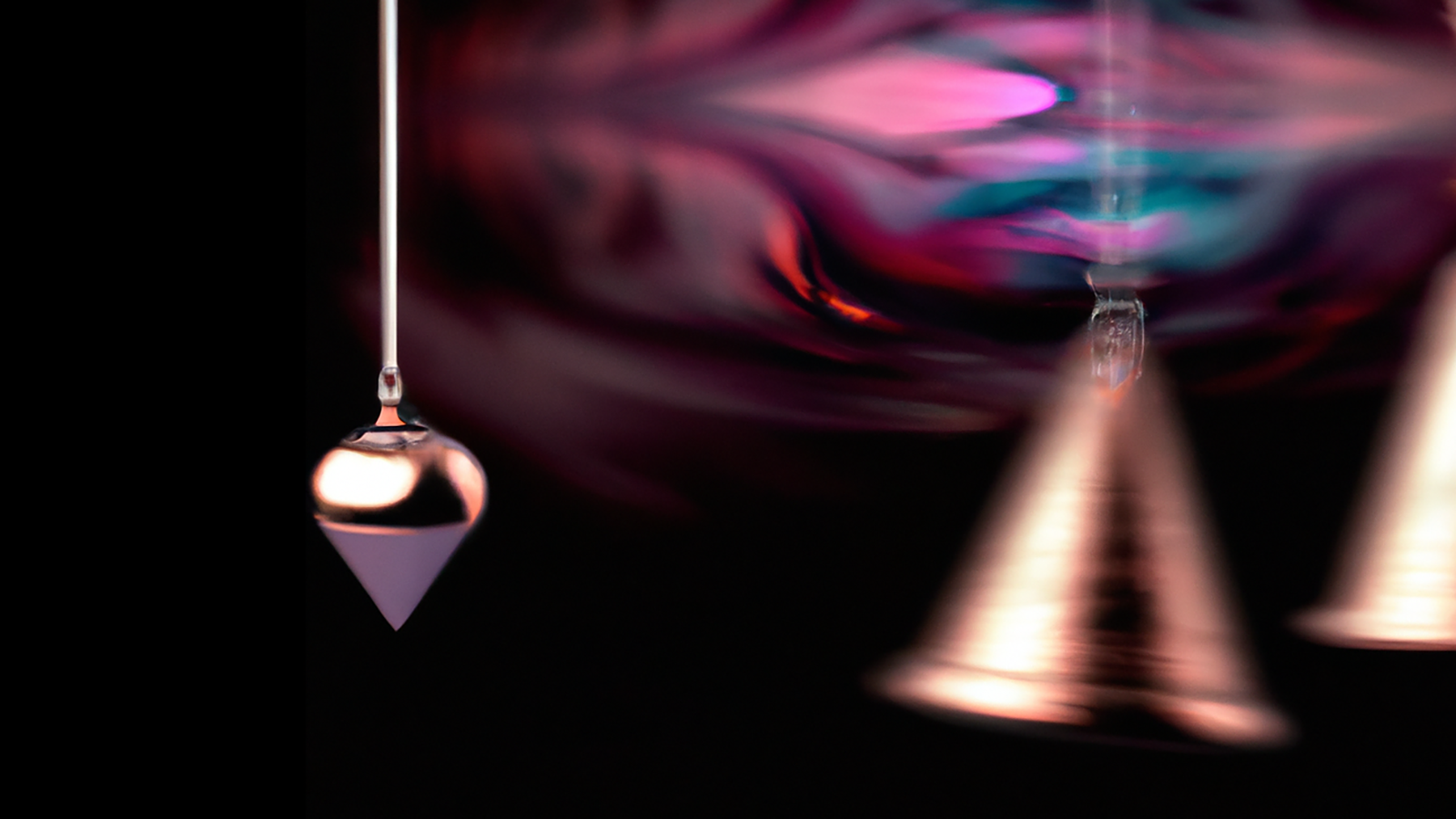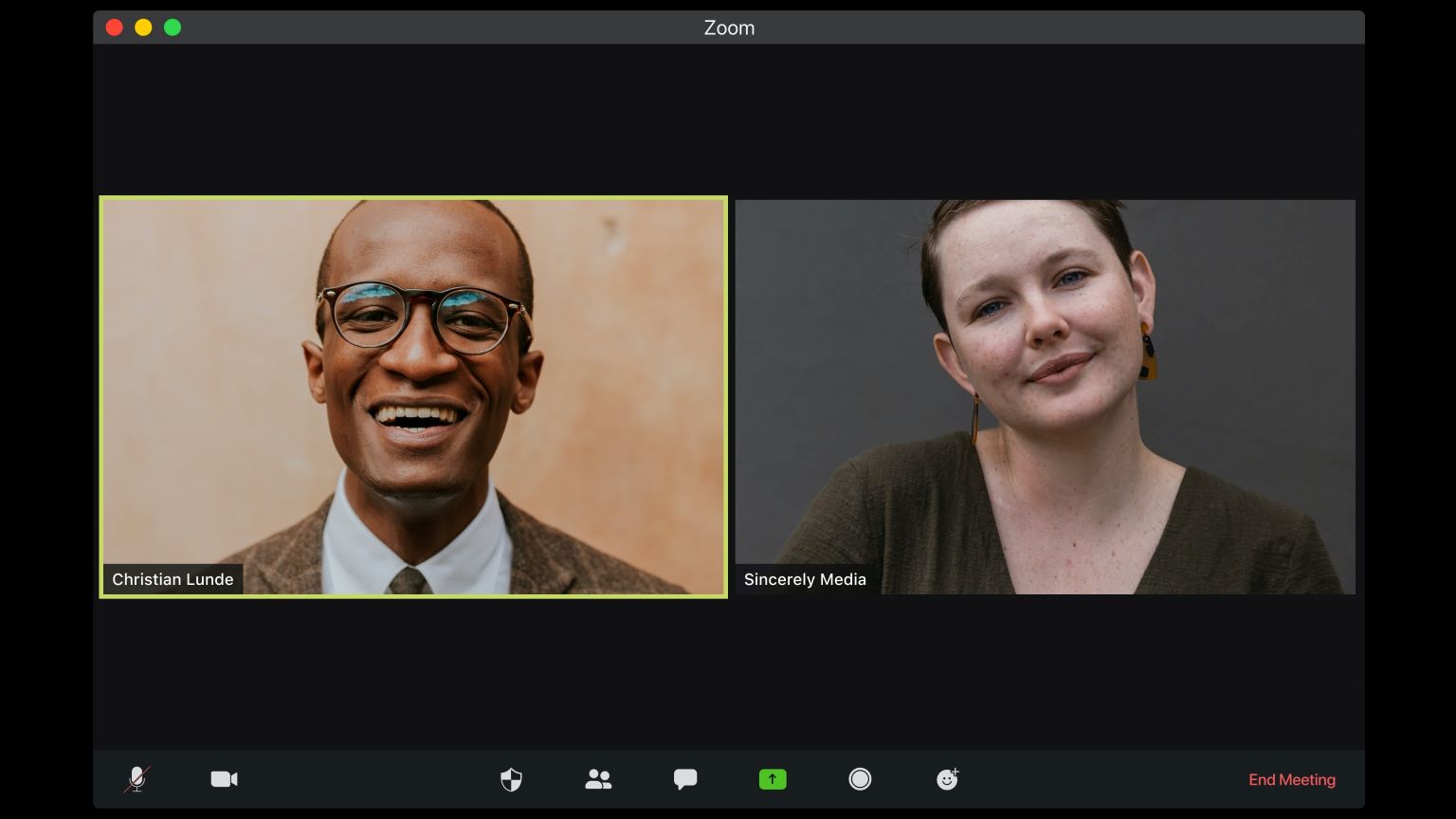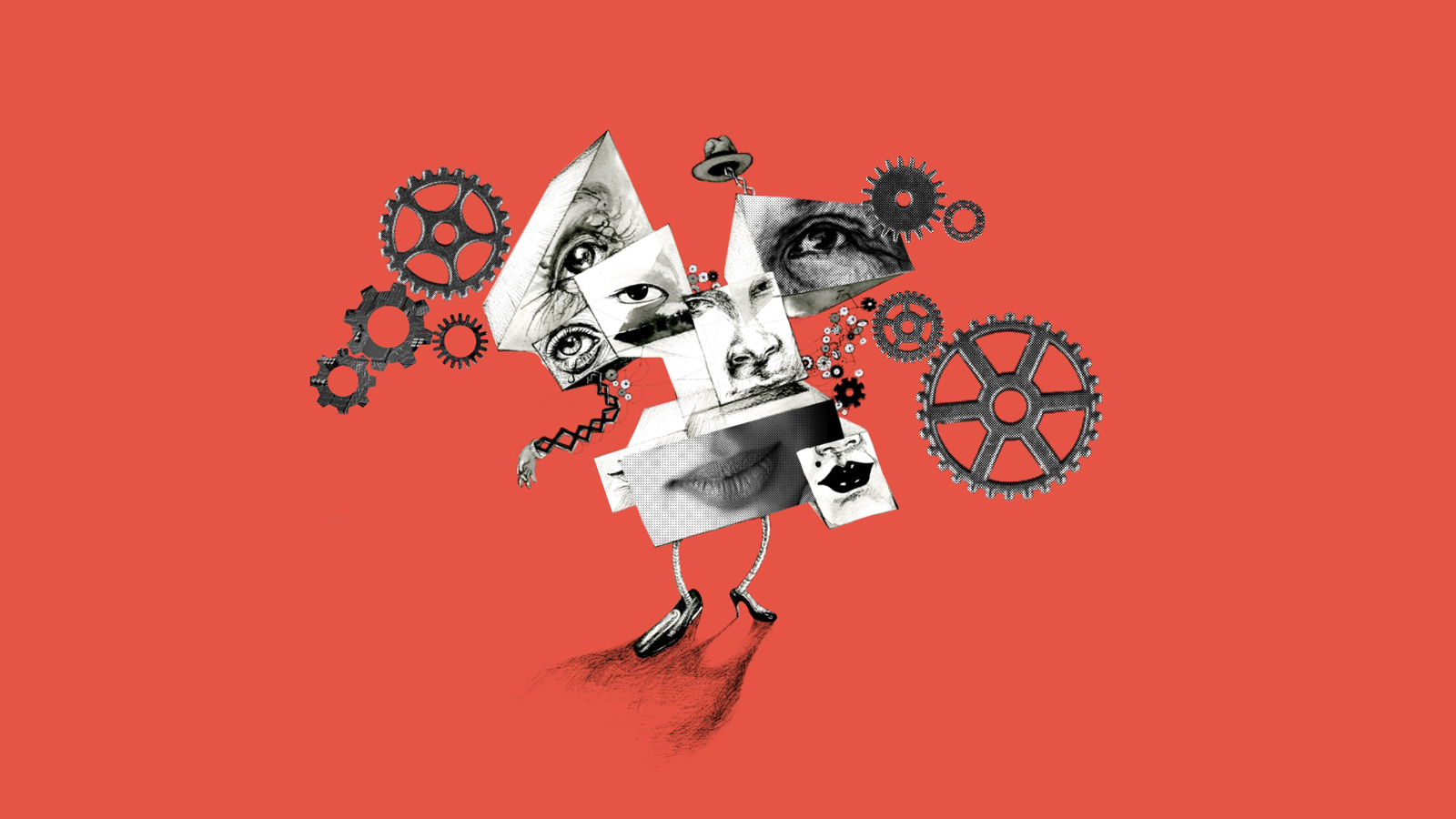Why Steven Spielberg shouldn’t fear AI
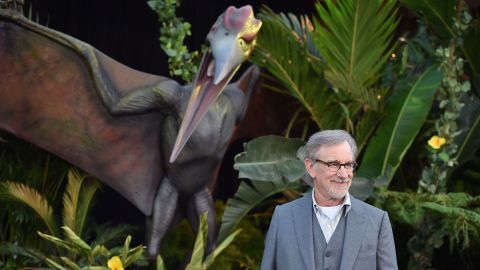
- The Late Show host Stephen Colbert pressed iconic director Steven Spielberg to weigh in on the ever-evolving world of AI-generated art.
- Colbert wanted Spielberg to provide quotes that would fuel social media hysteria about AI replacing humans and bringing about the end times.
- AI isn't about take away all of our jobs; indeed, AI is one reason that the film Jurassic Park is such a classic.
In a recent exchange on The Late Show, host Stephen Colbert pressed iconic director Steven Spielberg to weigh in on the ever-evolving world of AI-generated art. Spielberg expressed his love for it, saying that he believes any time a person uses digital tools to express themselves and to convey a message is fantastic. It was a rational and thoughtful response that mimicked those of Samuel Morse regarding photography in the 1840s.
Colbert, however, wasn’t satisfied with a measured answer. He pushed Spielberg further, suggesting that AI art was beginning to look more like a replacement for human creativity. The director conceded that the prospect of “giving the computer autonomy over your point of view” made him nervous, fearing a loss of the human touch.
Colbert continued to egg the director on, asking if he worried that those building AI systems “are so preoccupied with whether they could, they’re not stopping to think whether they should” — quoting arguably the most famous line from Spielberg’s Jurassic Park, uttered by its tech-ethicist savior Dr. Ian Malcom. Spielberg said that did worry him, noting AI developers weren’t unethical, just fixated on “climbing a mountain and getting to the top”, then looking back down to consider the consequences — a comment seemingly oblivious to the fact it is AI developers themselves who have led the dialogue around the implications of AI. OpenAI was founded in the spirit of that very notion.
Spielberg cited the allegory of his 2001 film A.I. — an adaptation of Brian Aldiss’ short story “Supertoys Last All Summer Long” — in which a sentient A.I. in the form of a boy appears to have a soul (but doesn’t). Souls, Spielberg said, were unimaginable and ineffable, impossible to create with any algorithm and “to lose that because books and movies and music [are] being written by machines” terrified him. “It will be the twilight zone… It’ll turn out to be cookbook and we’re on the menu.”
These were the soundbites Colbert wanted, ones that could ride the hysteria on social media about AI end times, which fixated on AI as replacement rather than augmentation, and as enemy rather than ally.
Ironically, it was this line of thinking that lead Jurassic Park stop motion animator Phil Tippett to proclaim “I’ve become extinct!” upon seeing the first CGI dinosaur animation, a quip that would inspire Spielberg to write a similar line for Dr. Alan Grant. Tippett would recall, “I thought my life was over,” and his time working on the movie was done. As it turned out, Tippett’s creative skillset — as well as his study of paleontology and the movements of dinosaurs — was transferable to CGI. Tippett would return to set as “dinosaur supervisor,” applying his intuition to the film’s famous CGI dinosaur animations, alongside computer animators.
As now, the fixation on “computer generation” obscured the hard work of Phil Tippett and many others, ignoring the human input and creative soul that was augmented with technology. If the viral AI creations we see today had credits, we would see AI as one of many entities involved in their creation — most of them humans — each imbuing it with the creative soul Spielberg fears may be under threat.
This is just the kind of creative augmentation Spielberg praised at the start of his interview, the very thing that helped him to become the world’s most famous director. It is the reason Jurassic Park became a classic and why his film A.I. even exists. It was the lack of technological advancement in special effects that prevented Stanley Kubrick from creating A.I. in the 1970s after purchasing the film rights. Instead, he would direct 2001: A Space Odyssey, a CGI-free movie featuring arguably the most famous sentient and evil AI in science fiction: HAL 9000.
The next time an AI says, “I’m afraid I can’t do that,” don’t be alarmed; just remember that means it isn’t going to replace you.
